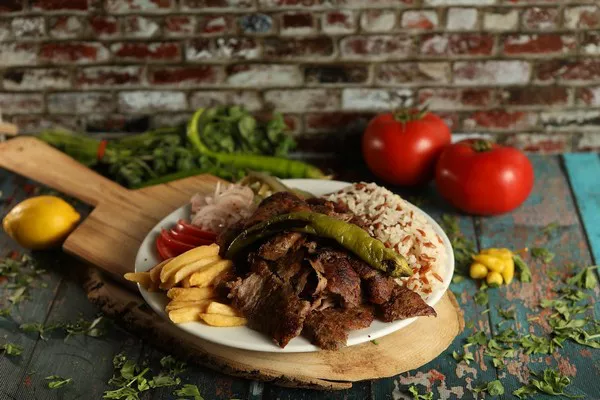For Nina, dal (stewed lentils) is more than just a meal; it’s a taste of defeat, a culinary endeavor that feels like a lost cause.
“Sometimes, there’s ‘too much salt,’ sometimes there’s ‘no salt’ – salting has become very stressful for me,” she confides, recounting the harsh criticism her cooking endures from her husband of 27 years.
In a shocking incident last month, he picked up the brass dish containing dal and hurled it across the room.
Regrettably, the notion of women facing harassment, and even assault, at the hands of their husbands in India is disturbingly common. According to a 2021 survey conducted by the National Family and Health Survey, approximately 45 percent of women and 44 percent of men surveyed believed that spousal abuse could be justified in one of seven circumstances.
One of these circumstances is failing to cook properly, a sentiment shared by 14 percent of women and 10 percent of men surveyed.
“The kitchen, at times, feels like a prison to me,” Nina admits. “But when I’m with my children, it’s the warmest place where we sit with the door locked, talking, and cherishing each other’s company.”
Nina’s day commences shortly after dawn, with laundry, grocery preparations, and housekeeping taking precedence before the arduous task of cooking begins around 7 am. For as long as she can remember, she has diligently prepared a hot breakfast for her family of four. However, recent work-related stress has forced them to resort to simple cereal, and Nina can sense the growing resentment.
“Food must be prepared at regular intervals, or he complains of ‘headaches’ for the rest of the day – whether I’m at home or not, whether I’m tired, just returned from travel, or after childbirth.”
Yet, food wasn’t always a source of agony for Nina. Before marriage, she relished the act of cooking, both for herself and others. It was a ritual where each step, from finding a recipe to procuring ingredients, held a special significance. She experimented, repurposed, and nourished. Food was a subject she yearned to write about, a reflection of her own identity and her family’s wisdom.
The kitchen can be more than a place where tradition is preserved; it can also be a space where women are redefining their relationships with food, reshaping age-old rituals, and forging new connections with the nourishment they provide.

